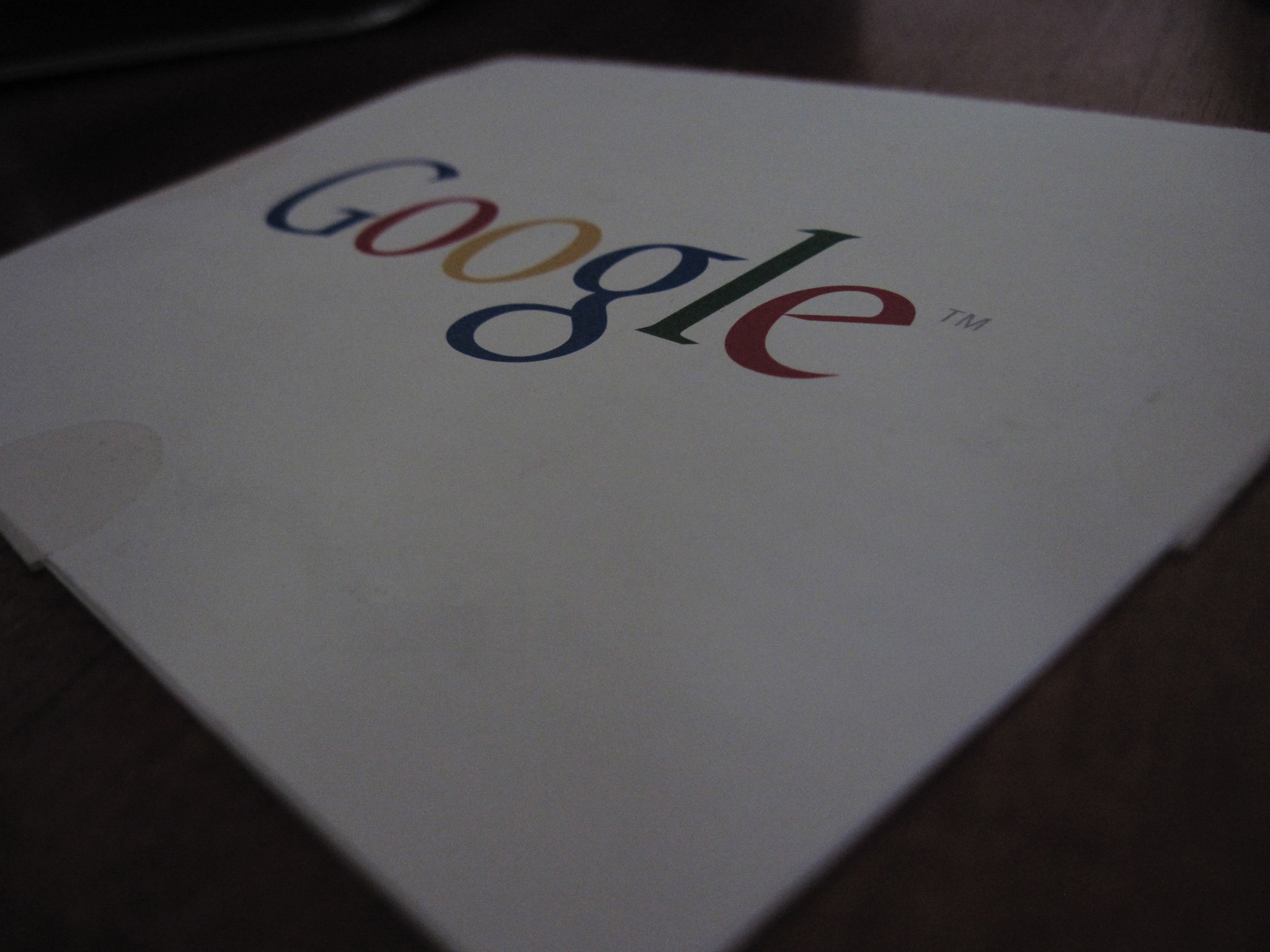Google vs. the Anti-Terrorism Act: Supreme Court Hears Arguments in Historic Case

The Supreme Court of the United States (SCOTUS) held arguments on Tuesday in the first-ever case concerning the federal law that is credited with shaping the modern internet. The case centers on whether Google-owned YouTube can be held liable for the death of American college student Nohemi Gonzalez, who died in a terrorist attack in Paris in 2015, due to Google’s role in helping the Islamic State to spread its message and attract new recruits.
The Gonzalez family has been seeking the right to sue Google for violating the Anti-Terrorism Act, but lower courts have ruled in favor of Google, arguing that Section 230 of the Communications Decency Act, which was passed in 1996, protects internet companies from liability over the content published by their users. The family’s case represents a high-stakes battle over Section 230, which has become increasingly controversial in the age of social media.
The hearing on Tuesday lasted for two and a half hours, during which the SCOTUS justices probed the extent of YouTube’s responsibility for content published by its users and whether the recommendations it makes to viewers, even those produced by terrorists, can be considered protected under Section 230. The justices appeared skeptical of the family’s arguments but also wary of Google’s claims of sweeping immunity from lawsuits over the targeted recommendations of videos, documents, and other content.
The debate raised concerns about the tension between technology policy fashioned a generation ago and the reach of today’s social media, with billions of posts each day. Justice Elena Kagan suggested that Congress, rather than the courts, should be the one to make any necessary changes to Section 230. Kavanaugh agreed with her, suggesting that it would be better to put the burden on Congress to change the law.
Google’s attorney, Lisa Blatt, argued that recommendations were simply a way of organizing vast amounts of information. Roberts, however, questioned whether YouTube should have the same legal protection for its recommendations as for hosting videos. The justices also used examples to probe YouTube’s algorithm in recommending videos, such as whether the same algorithm is used to recommend rice pilaf recipes and terrorist content.
While the case may not be resolved soon, any narrowing of the immunity provided by Section 230 could have significant consequences that may affect every corner of the internet. Websites use algorithms to sort and filter a vast amount of data, and any alteration of the law could potentially change how websites operate. In the meantime, the court will hear another case about a terrorist attack in Istanbul in 2017 that killed 39 people and prompted a lawsuit against Twitter, Facebook, and Google.
